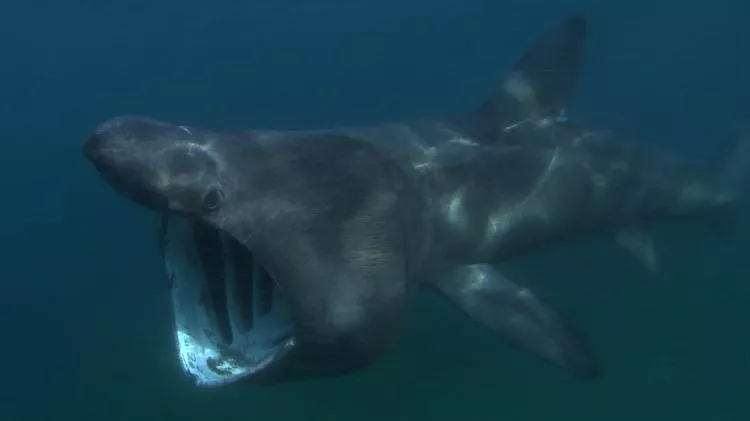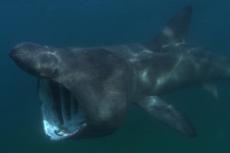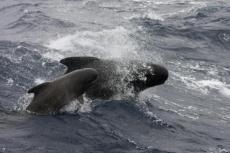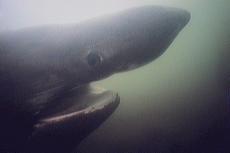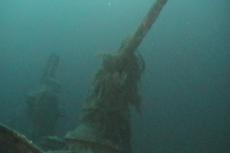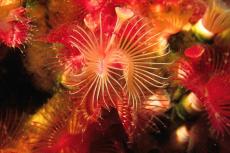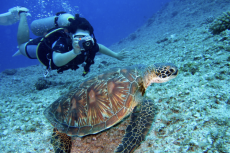Basking shark gains special protected status in Ireland
It is now illegal to hunt or injure a basking shark in Ireland.
In Ireland, new regulations giving the basking shark the "protected wild animal" status under the Wildlife Act came into effect on 9 October. The order was signed by Minister of State for Heritage Malcolm Noonan, and Minister for Agriculture, Food and the Marine Charlie McConalogue. This legislation was heavily supported by the Irish Basking Shark Group (ISBG), an international network of researchers, educators, and community representatives founded in 2009.
Where an animal like the basking shark is protected under the act, it is an offence to hunt or injure it, unless done so under permission or licence granted by the department.
Irish waters are one of the most internationally important coastal regions for the species, which became classed as "endangered" in 2019. In Northern Ireland, basking sharks are protected under the Wildlife (Northern Ireland) Order 1985. It makes it illegal to intentionally kill, injure or harass basking sharks in UK waters.
In addition to the protections provided under the act, a code of conduct is also being drawn up for wildlife watchers by the National Parks and Wildlife Service, in order to guide the responsible and safe interaction with basking sharks in Irish waters.
Numerous countries have made efforts to protect global basking shark populations by regulating fishing practices over the last few decades; almost all countries, apart from Japan and China, have banned the fishing of basking sharks.
Although basking sharks grow up to 7.9 metres (26 feet) in length, these slow-swimming plankton-eaters are generally harmless to humans. Their docile nature and habit of feeding at the surface of the water make basking sharks an ideal candidate for shark-viewing, as they can be viewed from land or a boat, and many ocean-goers have had peaceful encounters with this type of shark.


